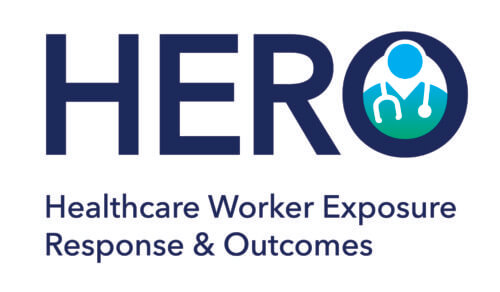As COVID-19 pandemic continues to spread, keeping many across the world at home and disconnected from their communities, PCORnet®, the National Patient-Centered Clinical Research Network, is rallying to build coalitions and deliver hope. May 20 is Clinical Trials Day, a time to remember that clinical research has always been about bringing together people to build a healthier world—and in the era of COVID-19, patient engagement in research is more important than ever.
May 20 is commemorates the day James Lind performed the first-ever clinical trial in 1747, which was focused on scurvy. While it is a day to applaud Lind’s work in paving the way for future clinical trials, it is also fitting to celebrate the communities—clinicians, health systems, patients, and caregivers—who have propelled medical innovations forward since that time. Collaborative research has disarmed numerous diseases that were once a threat to global survival, but today are largely contained. Now, research is tackling the challenge of COVID-19, and PCORnet is enabling two opportunities for communities to come together to find answers.
- The Healthcare Worker Exposure Response & Outcomes (HERO) Registry is a large, national clinical research community. It invites healthcare workers across America to share clinical and life experiences to understand the perspectives and problems they face on the COVID-19 pandemic front lines.
- Those registered in the HERO Registry may have the opportunity to participate in HERO-HCQ, a randomized clinical trial of approximately 15,000 HERO Registry participants. It will test whether hydroxychloroquine can prevent COVID-19 infection in healthcare workers.
While there is still much unknown about the novel coronavirus, one thing is clear: clinical research is the best hope for answers. This Clinical Trials Day, celebrate the power of community, and if you are someone working in a healthcare setting that is caring for people with COVID-19, consider participating in the HERO registry by following the registry link above.

 The Healthcare Worker Exposure Response & Outcomes (HERO) Registry launched today, marking the first major milestone in a
The Healthcare Worker Exposure Response & Outcomes (HERO) Registry launched today, marking the first major milestone in a